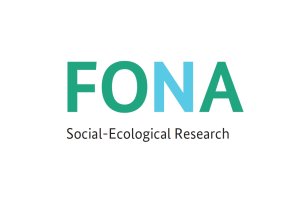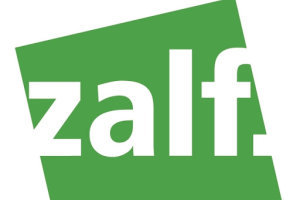Research group
The PlanSmart research group investigates how sustainable river landscapes can be planned and implemented with the help of nature-based solutions.
More than half of Germany’s rivers have experienced dramatic anthropogenic transformations. Until today, two thirds of the natural floodplains (about 15,000 square kilometres) have been cut off from natural flooding dynamics of rivers and can no longer regulate major flooding events. Circa 76% of the remaining floodplains provide space for agriculture, housing, transport, and commerce, and only about 10% are developing in a natural way. In addition, climate change increases the risk of droughts and floods. Sustainable river landscapes meet these challenges and consider the diverse requirements of both humans and nature. Nature-based solutions can play a crucial role in efforts to plan and implement sustainable river landscapes.
The objective of PlanSmart is to explore smart approaches to planning and implementing nature-based solutions for a more sustainable development of river landscapes. The approaches to be explored are ‘smart’ in that they consider social, ecological and economic targets, explore synergies wherever appropriate, apply Geodesign technology for supporting decisions with the best available knowledge, and use SolutionLabs as platforms for transdisciplinary cooperation. This enhances the relevance of the planning outcomes for various actors and the likelihood of actual implementation in practice.
PlanSmart focus on the following three research questions:
The project structure of PlanSmart is based on transdisciplinary research principles and consists of four elements:
Further information on the project structure and case studies can be found here:
The research group PlanSmart is led by Prof. Dr. Christian Albert of the Ruhr-Universität Bochum (RUB), formerly of the Leibniz Universität Hannover (LUH), and Dr. Barbara Schröter of the Leibniz Centre for Agricultural Landscape Research (ZALF) in Müncheberg. Researchers of PlanSmart cooperate with practice partners at federal and state levels through the integrated EU-LIFE Project ‘LiLa – Living Lahn’. PlanSmart is funded through the German Federal Ministry for Education and Research (BMBF) as part of the research priority ‘Social-ecological research’ within the Framework Program Research for Sustainability (FONA).



Nature-based solutions, understood as actions that use ecological structures and processes, can help societies to address multiple challenges. The renaturation of floodplains, for instance, reduces flood peaks and provides co-benefits such as nature conservation and local recreation. Nature-based solutions are often more cost-effective than technical alternatives.